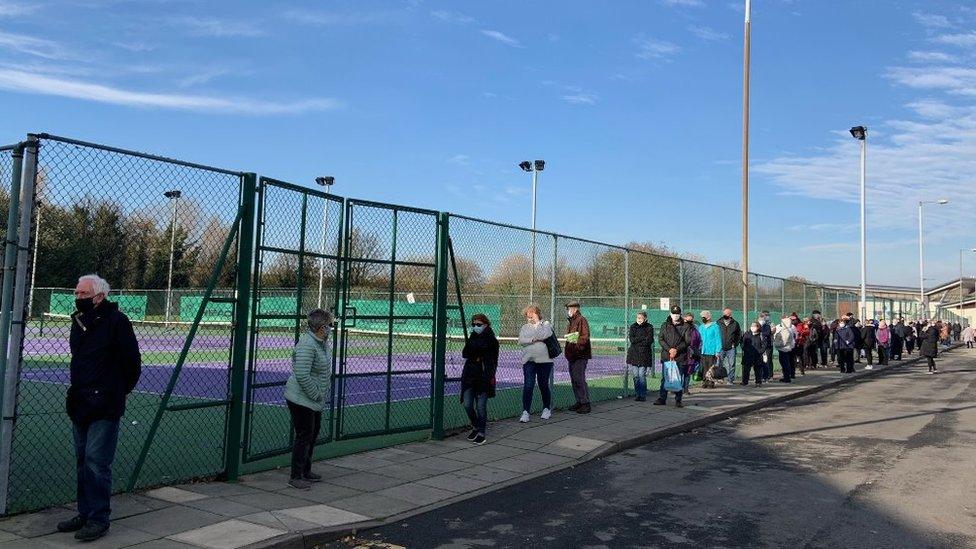Covid-19: Liverpool facing 'tsunami' of virus infections
- Published
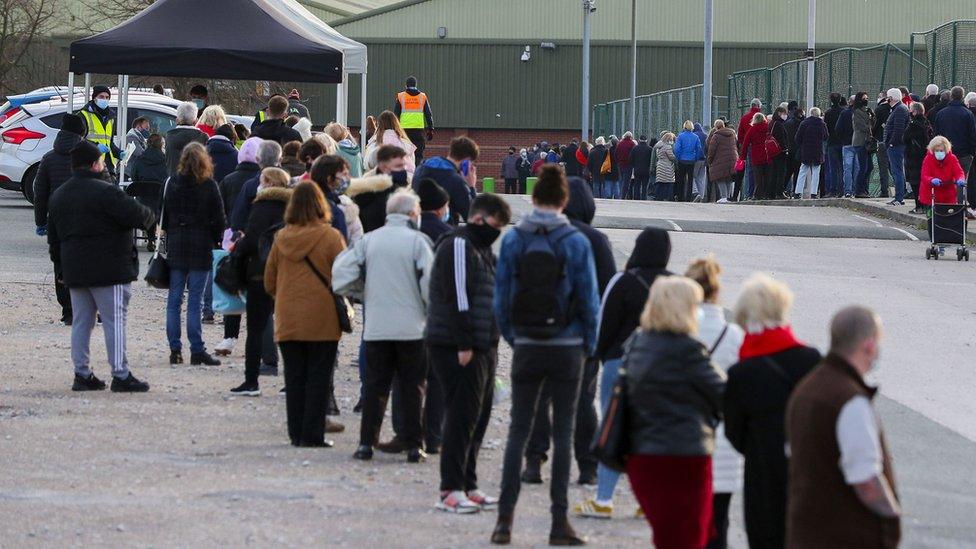
Rates came down in Liverpool during a mass testing programme, but they have since risen steeply
A "tsunami" of Covid-19 cases in and around Liverpool has prompted calls to speed up vaccinations in the area.
The city council's health lead Paul Brant said the doubling of the infection rate in a week had left the city under "immense" pressure.
Liverpool had seen a marked reduction in cases while pioneering a mass testing programme in November.
Regional mayor Steve Rotheram said the testing infrastructure should now be used to accelerate a vaccine roll-out.
Liverpool has seen the rate of cases rise from 461 per 100,000 people in the seven days to 31 December to 988 per 100,000 in the week to 7 January.
Neighbouring Knowsley, Halton and Sefton have also recorded similarly steep week-on-week rises.
Mr Rotheram has written to Health Secretary Matt Hancock, external to outline the idea and request that a mass vaccination hub, similar to the seven already located across England, be set up in the city.
The Labour mayor said the "sobering figures" made it clear that the virus was "spreading very rapidly".
"I'd urge everyone to be extra careful and keep doing everything to keep yourself and loved ones safe to stop our NHS being overwhelmed," he said.
He said he was "disappointed" the logistics and infrastructure used for mass testing were not now being used to speed up the vaccination effort in the city.
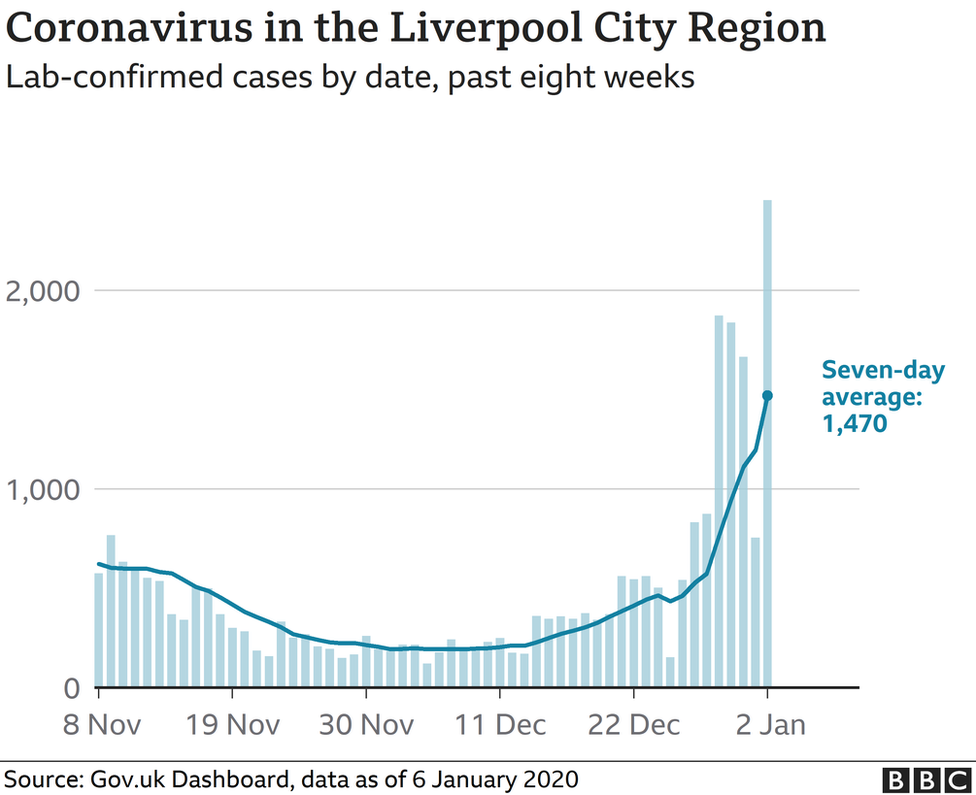
Liverpool City Region was placed in tier two following England's second lockdown in November, then moved to tier three on 30 December before joining the rest of England under a new national lockdown on 4 January.
Mr Brant said the upward curve of infections was a "tsunami", which was likely to peak in a week's time as the effects of Christmas mixing were only just starting to be felt.
The Labour councillor said "Covid tourism" had also had an impact on the rate, as people from neighbouring areas with stricter restrictions had travelled into the city while tier two measures were in place.
He said "plenty of us" had expressed concerns about the combination of factors "at the time" and had "called for a fresh national lockdown long before it happened".
Mr Hancock previously hailed the success of mass testing in the city and said it had saying brought the rate of infection down "quite remarkably".
The Department of Health has been approached for comment.
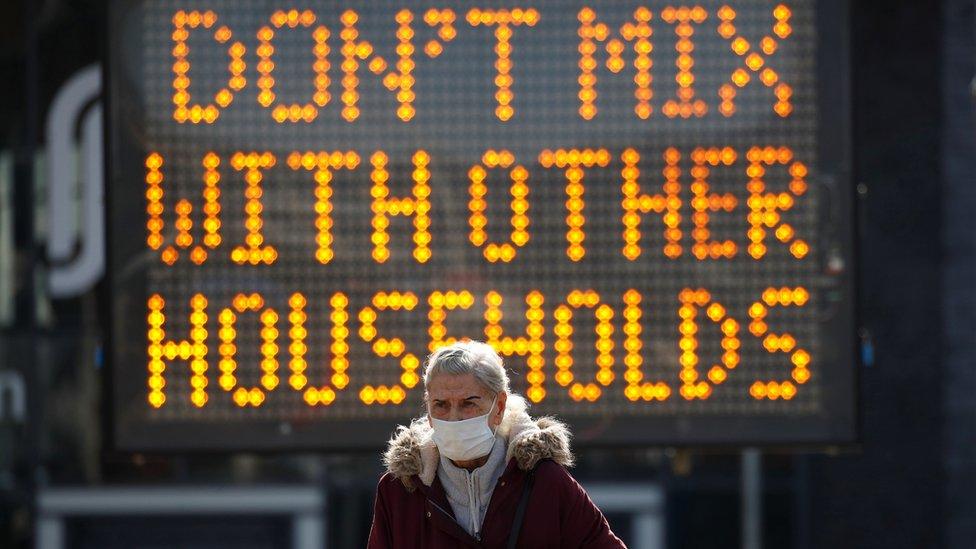
Analysis by Rob England, BBC England Data Unit
Parts of the Liverpool City Region are seeing the sharpest rises in weekly cases of anywhere in England.
In four out of six areas cases doubled in the last week - with Knowsley being the hardest hit.
About 4-5% of the population took lab-based tests across most areas in the last week, a rise on the previous week - possibly the aftershock of fewer people taking tests over the Christmas period.
The number of lab-based tests coming back positive across the area recently ranged from 20-25%, this is high compared to other parts of England and could mean more testing is needed to spot undiagnosed cases in the community.
Liverpool University Hospital saw a rise in beds filled by coronavirus patients of more than a third in the last week, with 248 recorded as of 5 January. This is still far fewer than mid-November, when the trust was reporting more than 400 Covid patients.
Deaths are also still not reaching levels seen in October and November, but have been rising since mid-December. In the last week across the region, 86 people died having tested positive for the virus within the last 28 days.
Overall, the impact of high cases on hospital admissions and deaths is starting to be felt here. And with cases doubling in many areas week-on-week, it is likely this upward trend will continue.

Why not follow BBC North West on Facebook, external, Twitter, external and Instagram, external? You can also send story ideas to northwest.newsonline@bbc.co.uk, external
- Published6 January 2021
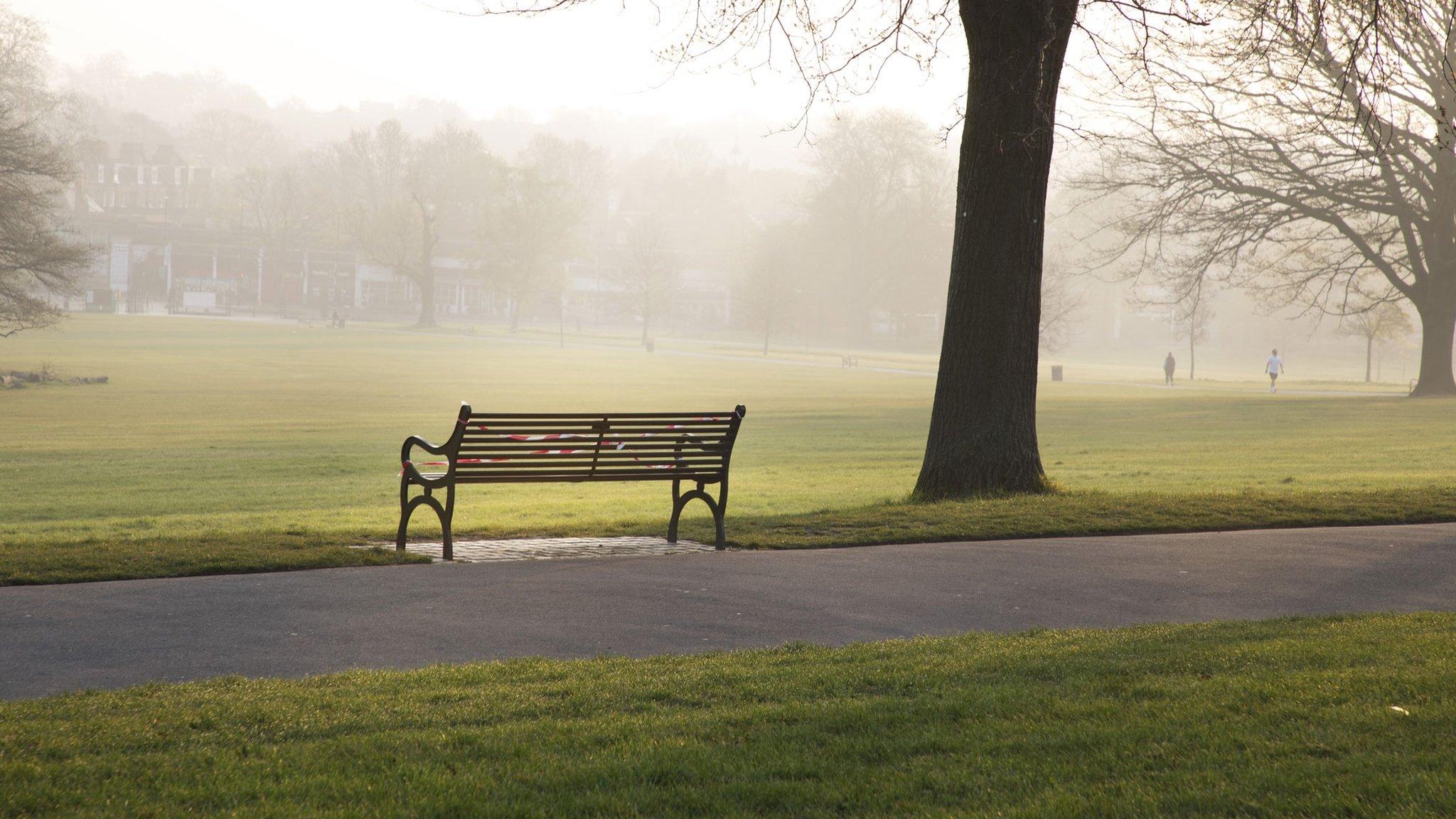
- Published1 July 2022

- Published5 January 2021

- Published3 January 2021
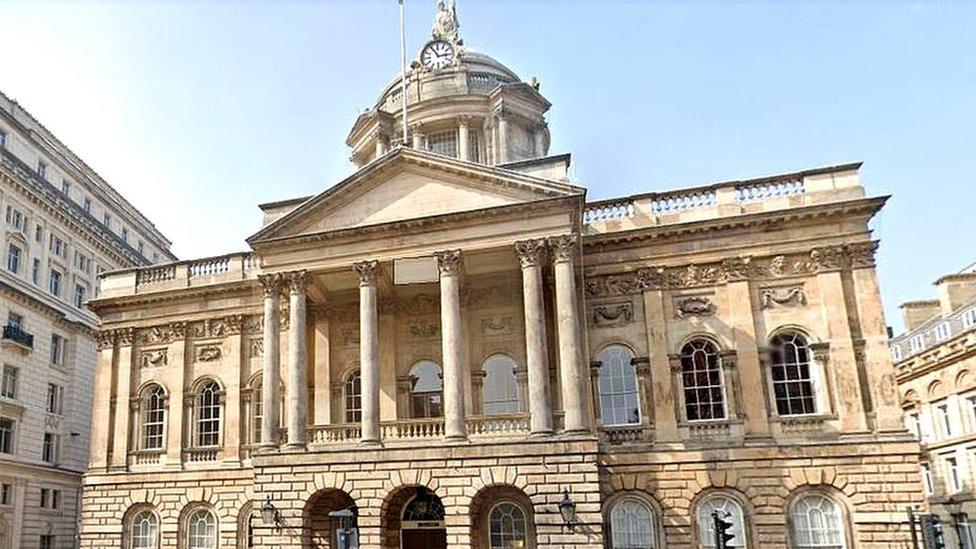
- Published30 December 2020
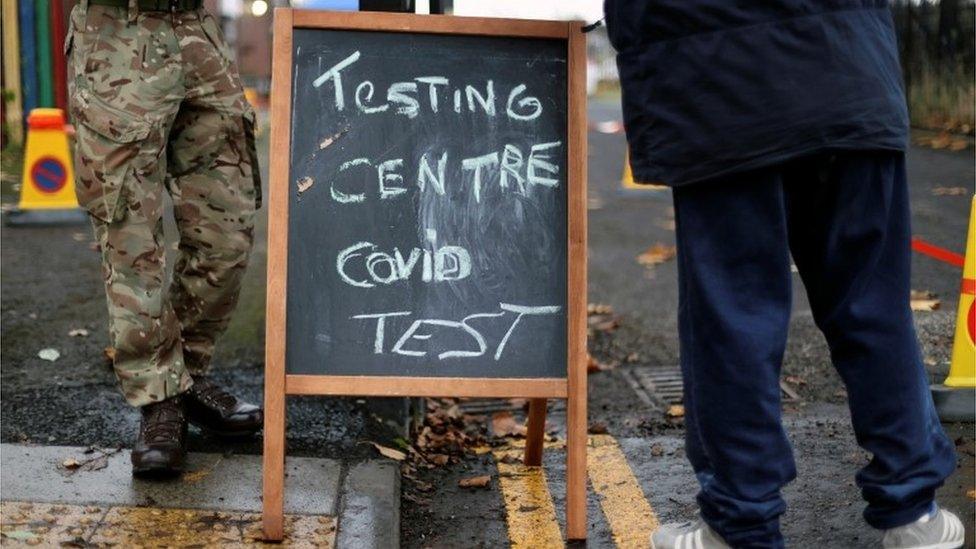
- Published23 November 2020
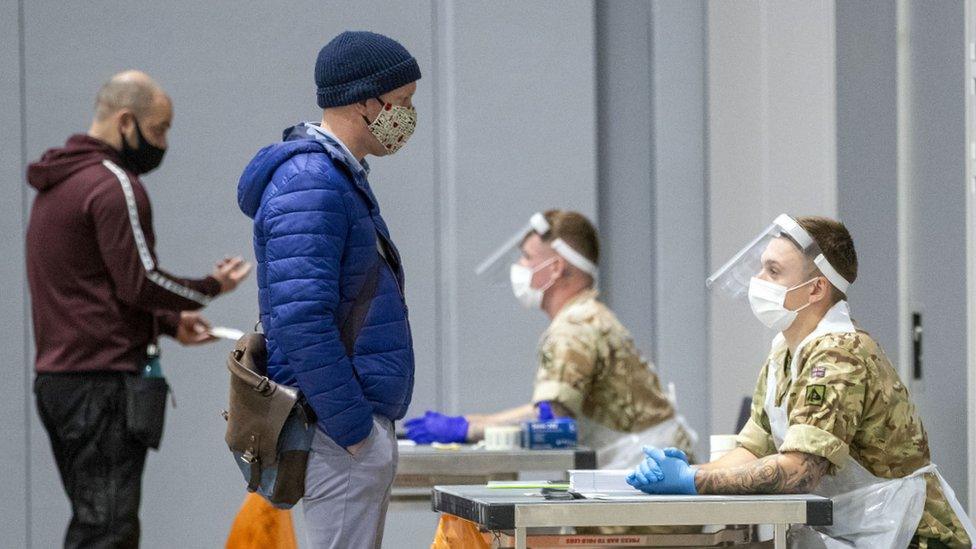
- Published6 November 2020
